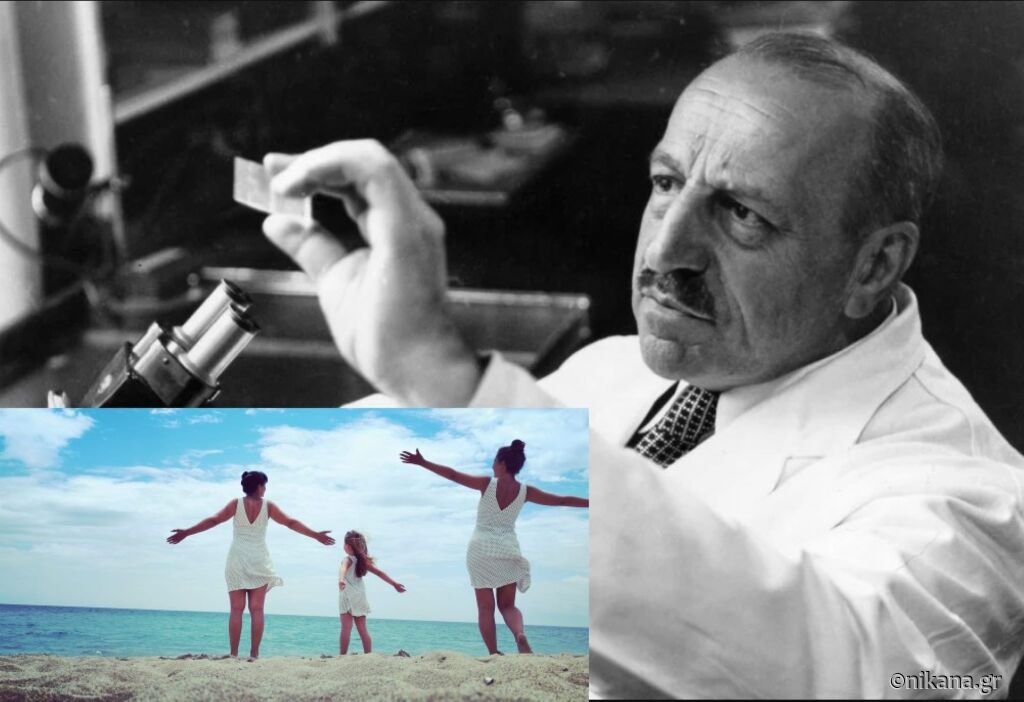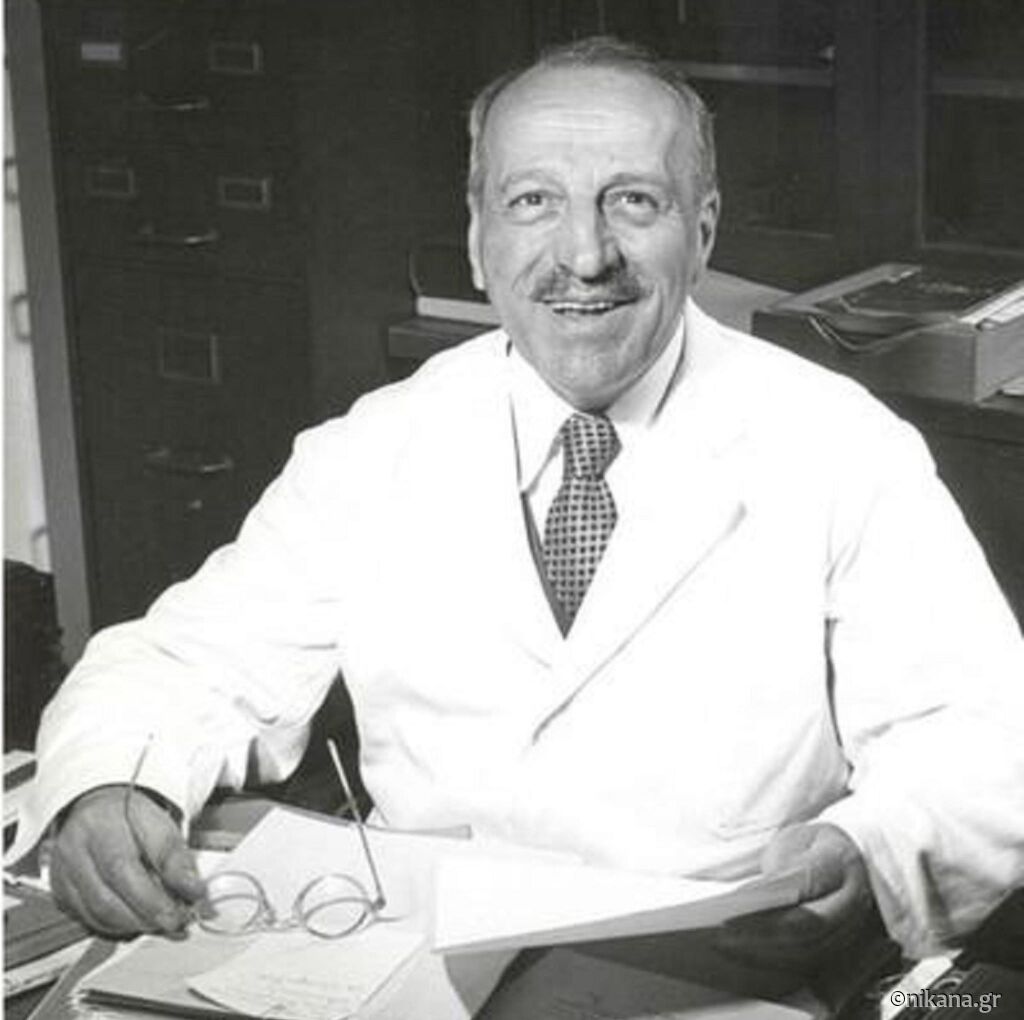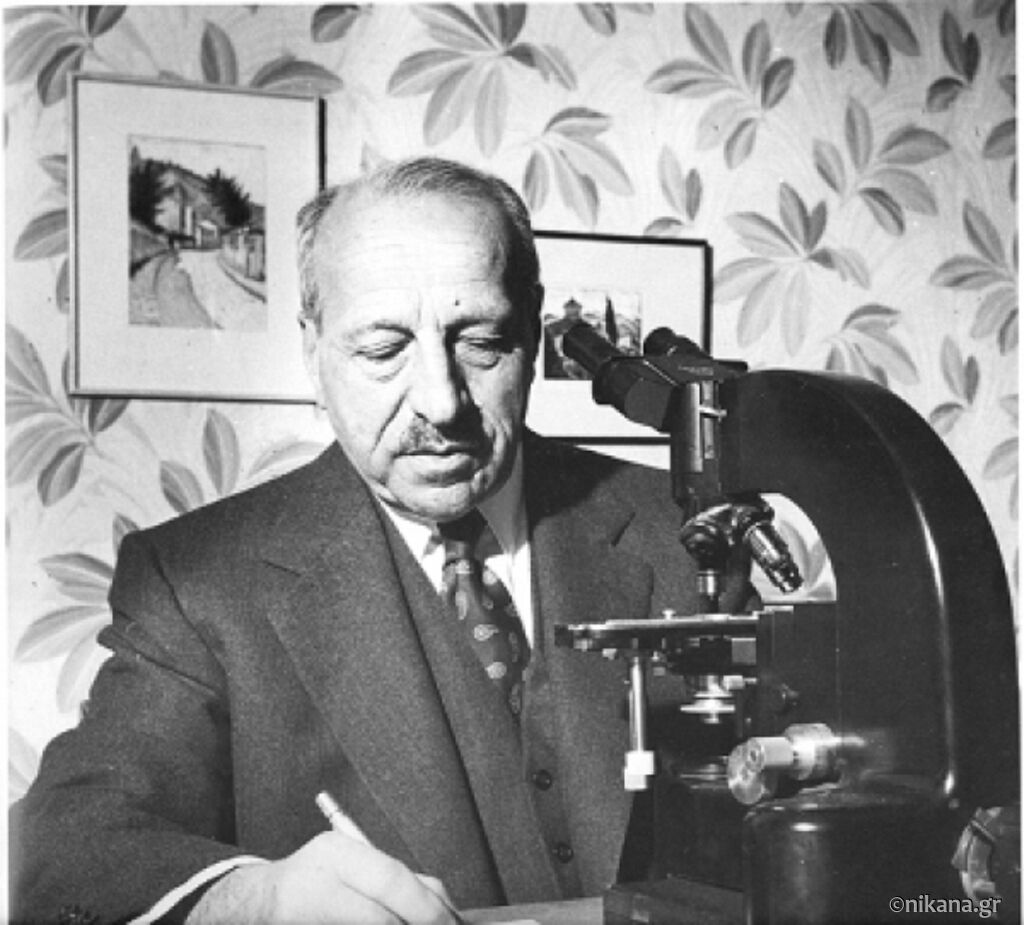Georgios Papanikolaou: The Father of the Pap Test and His Contribution to Women's Health
Millions vacation in Greece every summer, and it is worth remembering this illustrious man and scientist who influenced the lives of all women on planet Earth.
Georgios Papanikolaou, the Greek physician who invented the Pap test in 1928, saved the lives of countless women around the world. His pioneering work in the field of medical diagnostics not only advanced women’s health, but also laid the foundation for the development of cytopathology, a scientific discipline that studies diseases at the cellular level.
Early Career
Papanikolaou was born in 1883 in Kimi on the Greek island of Euboea, as the son of a physician. Although he began his academic career studying music and humanities in Athens, under the influence of his father, he decided to dedicate himself to medicine. During his youth, Papanikolaou served as a military surgeon and worked with leprosy patients near his hometown. His scientific journey led him to Munich in 1910, where he earned his medical doctorate. He then got married and served in the military medical service during the First Balkan War. In 1913, he emigrated to the United States, following the path of many other Greek immigrants seeking a better life.
Development of the Pap Test
In 1928, Papanikolaou made a revolutionary step in medicine - he developed a technique for sampling the cervix and examining it under a microscope, enabling early detection of cancer. This technique became known as the Pap test or Papanikolaou test, and the ability to clearly identify cancer-induced cell changes under the microscope saved many lives. Although his work initially faced resistance in the scientific community, it wasn’t until 1943, when he published a paper in collaboration with gynecologist Herbert Traut, that Papanikolaou gained wide recognition.
Recognition and Impact
Papanikolaou’s work laid the foundation for cytopathology, a branch of medicine that studies cellular changes and diseases at the microscopic level. His research and contributions to science were recognized worldwide, and in Greece, he was honored with his image on banknotes even before the country switched to the euro in 2002. His work not only helped in the fight against cervical cancer but also laid the groundwork for numerous other innovations in medical diagnostics. Today, the technique he developed is used worldwide and saves thousands of lives every year.
Papanikolaou and His Legacy
Georgios Papanikolaou left an indelible mark on medical science, and on World Health Day, the reminder of his work and dedication to women’s health continues to be of great importance. His name has become synonymous with progress in cancer diagnostics, and his test remains one of the most important tools in the fight against this disease.
His work is an inspiration and a reminder of the importance of science and dedication, as well as the significance of the daily struggle for the health of all of us.















Post a Comment
NOTE
All your questions in the comments will receive an answer via email so check your inbox shortly after you posted comment. For more detailed questions and responses, contact us via mail nikana@nikana.gr.